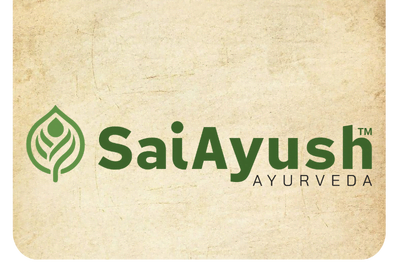Ayurveda Treatment for Depression
What is Depression?

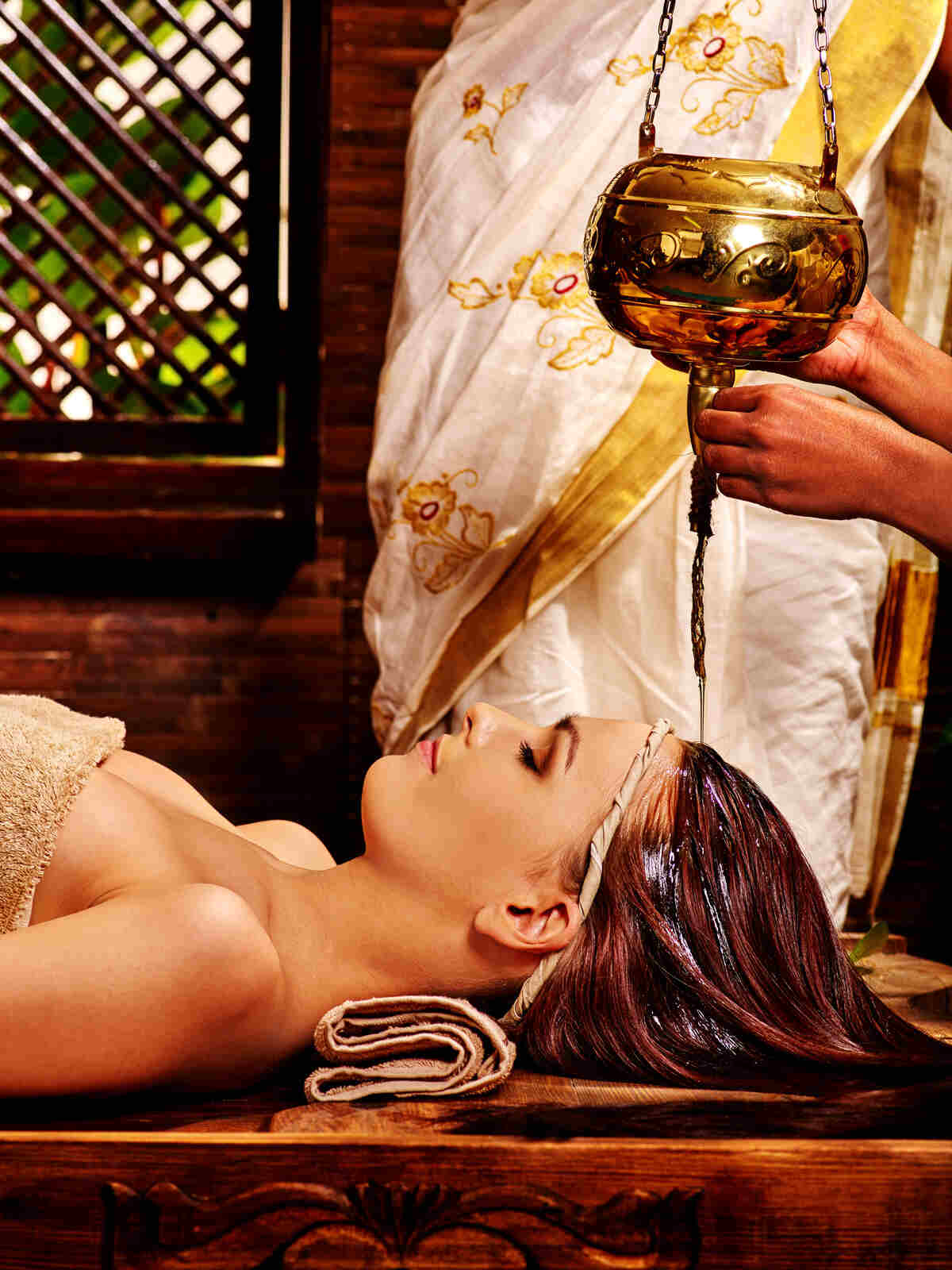
Why Choose Ayurveda for Depression?
Ayurveda offers a holistic approach to treating depression, addressing the root causes while promoting overall well-being through personalized therapies and natural remedies.
Depression Causes and Etiology
Understanding the causes of depression is crucial for effective treatment. Ayurveda identifies multiple factors contributing to depression, including imbalance in doshas, lifestyle choices, and genetic predisposition.
n India, around 5% of the population experiences depression, with higher rates in urban areas. Women are disproportionately affected. Hyderabad reflects these trends, with urbanization contributing to rising cases. Access to mental health services varies, affecting timely treatment. Ayurveda provides holistic solutions, offering effective and natural alternatives for managing depression alongside conventional therapies.
Depression Symptoms of Sigs
Recognizing the signs and symptoms of depression is essential for early intervention and treatment:
- Persistent sadness or emptiness
- Loss of interest in activities once enjoyed
- Changes in appetite and weight
- Sleep disturbances
- Fatigue or loss of energy
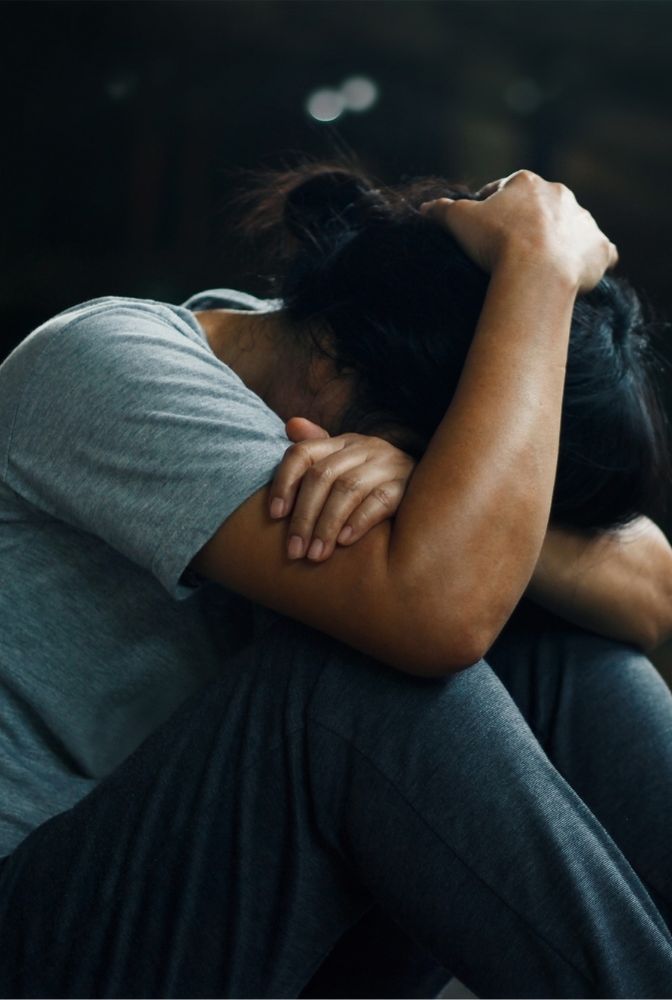
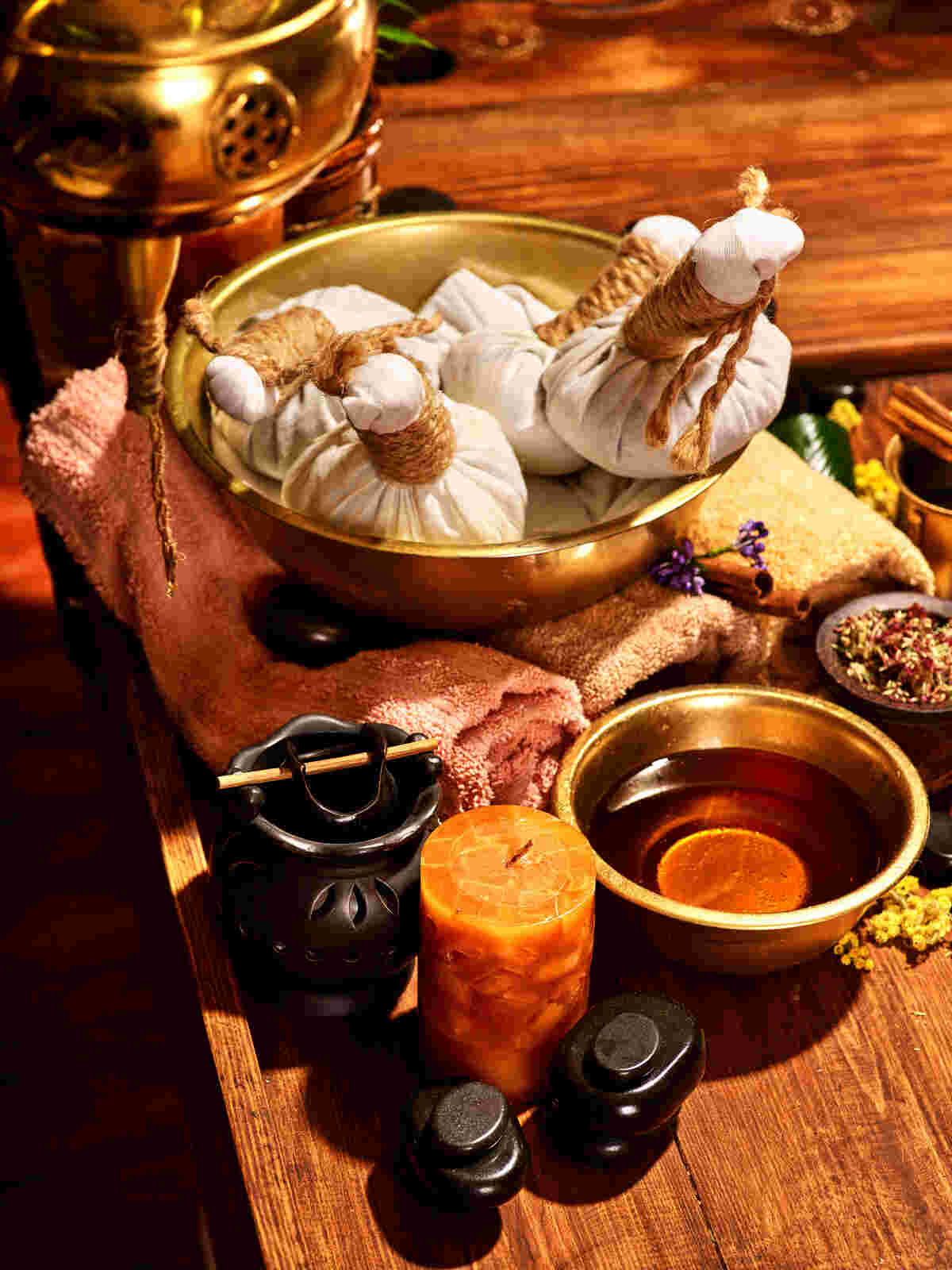
Depression Diagnosis and Types
Ayurvedic diagnosis of depression involves assessing physical, mental, and emotional aspects through detailed consultations and diagnostic techniques. Types of depression treated at Sai Ayush include:
- Vataja Depression: Symptoms related to anxiety and fear.
- Pittaja Depression: Symptoms related to irritability and anger.
- Kaphaja Depression: Symptoms related to lethargy and lack of motivation.
Depression Home Remedies & Prevention
Preventing depression involves maintaining a balanced lifestyle, practicing stress management techniques, and incorporating Ayurvedic principles into daily routines. Home remedies may include herbal teas, relaxation techniques, and dietary adjustments.
Depression Yoga and Meditation
Yoga and meditation play a vital role in managing depression by calming the mind and promoting mental clarity. At Sai Ayush, personalized yoga sessions are tailored to enhance emotional well-being.
Depression Ayurvedic Treatment Options
1. Herbal Therapies: Ayurvedic herbal therapies for depression involve the use of medicinal plants tailored to individual dosha imbalances. Some commonly used herbs include:
- Ashwagandha: Known for its adaptogenic properties, Ashwagandha helps reduce stress and anxiety, promoting a sense of calmness.
- Brahmi: Enhances cognitive function and supports mental clarity, helping to alleviate symptoms of depression.
- Jatamansi: Calms the mind and improves sleep quality, beneficial for managing depressive symptoms.
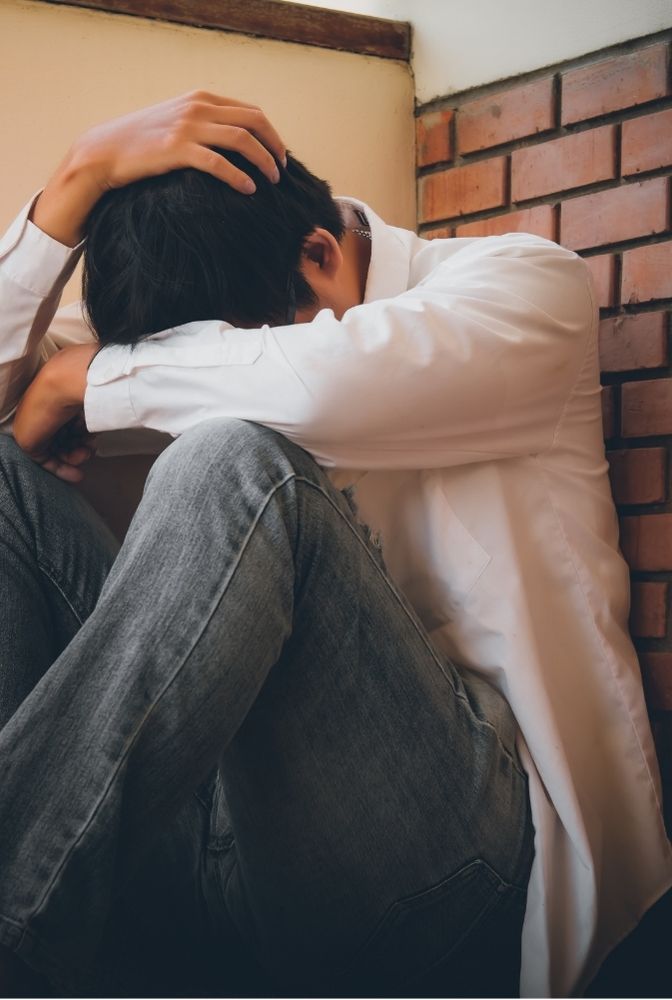

These herbs are often prepared in various forms such as powders, capsules, or as part of herbal formulations (like churnas or kwathas) customized based on the patient’s dosha imbalance and specific symptoms.
- Panchakarma: Panchakarma therapies in Ayurveda are detoxification procedures that aim to eliminate accumulated toxins (ama) from the body, thus rejuvenating both the physical and mental aspects. For depression, specific Panchakarma treatments may include:
- Virechana: Therapeutic purgation to cleanse the liver and digestive tract, promoting toxin removal.
- Shirodhara: Continuous pouring of warm herbal oils on the forehead (third eye), inducing deep relaxation and calming the mind.
- Basti: Medicated enemas that help in balancing Vata dosha and promoting emotional stability.
Panchakarma therapies are tailored after a thorough assessment of the patient’s condition and dosha imbalances, aiming to restore harmony and vitality.
- Meditation and Pranayama: Mind-body techniques such as meditation and pranayama (breath control exercises) play a pivotal role in Ayurvedic treatment for depression. These practices enhance mental resilience, reduce stress levels, and promote emotional well-being by:
- Meditation: Cultivating mindfulness and awareness, which can help manage negative thought patterns and improve overall mood.
- Pranayama: Regulating breath to calm the mind, balance energy channels (nadis), and enhance oxygenation of tissues, supporting mental clarity.
At Sai Ayush Ayurveda Hospitals, personalized meditation sessions and guidance in pranayama techniques are integrated into treatment plans to empower patients in their journey towards mental health.
FAQs
Frequently Asked Questions
Q:What is Ayurvedic treatment for depression?
A:Ayurvedic treatment for depression involves personalized herbal therapies, dietary adjustments, yoga, and meditation to restore balance in the body and mind.
Q:How effective is Ayurveda in treating depression?
A:Ayurveda can be highly effective, addressing root causes and improving symptoms through holistic care tailored to individual needs.
Q:What are the natural remedies for depression in Ayurveda?
A:Natural remedies include herbs like Ashwagandha and Brahmi, along with lifestyle modifications such as daily routines (dinacharya) and dietary changes.
Q:Can Ayurvedic therapies be combined with conventional treatments?
A:Yes, Ayurvedic therapies can complement conventional treatments, offering a holistic approach to managing depression.
Q:Are there specific dietary recommendations in Ayurveda for depression?
A:Ayurvedic dietary recommendations emphasize warm, nourishing foods and avoiding processed foods and stimulants to support mental well-being.
Fill out this form for booking online.
Make Your Appointment
Set A Reminder To Stay On Track And Avoid Missing It!
Customer Service
+91 84668 82266
WhatsApp Now
+91 84668 82266
Subscribe Now
SaiAyush Ayurveda

